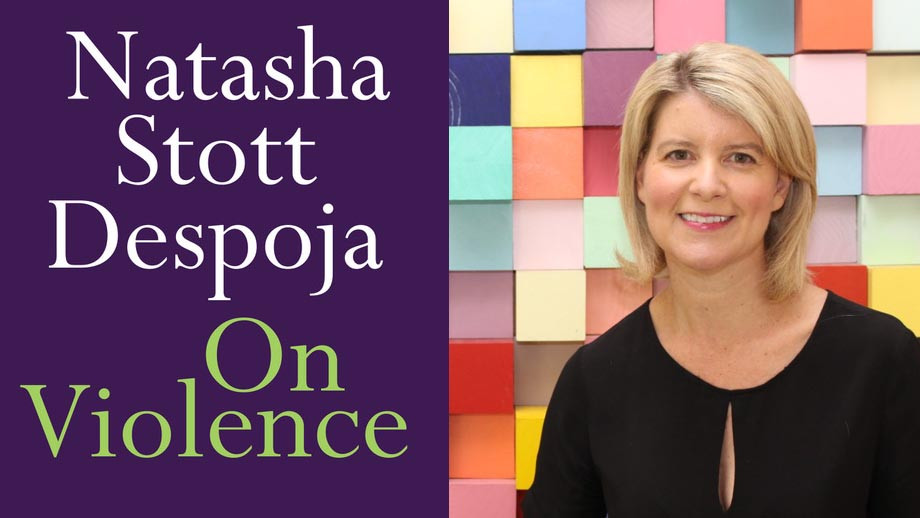Every week in Australia, on average, a woman dies violently, usually at the hands of someone she knows. Six women were killed in a seven-day period in October 2018.
However, the alacrity with which our leaders respond to acts of violence in the form of terrorism or, say, one-punch incidents provides a stark contrast to how we deal with family violence or sexual assault, where the victims are almost always female and the perpetrators are almost always male. We often see seemingly trivial issues—such as a slip-up at a Bunnings sausage sizzle—generate more public engagement and policy response than the scourge of violence against women. As unionist Mich-Elle Myers tweeted in November 2018 after the Bunnings mishap, ‘One man slips on an onion, policies changed and the country loses its mind. 60 dead women from violence this year’.
We often see seemingly trivial issues—such as a slip-up at a Bunnings sausage sizzle—generate more public engagement and policy response than the scourge of violence against women
Writer Clementine Ford tweeted that if the issue of violence was about strawberry growers or farmers—both sectors that have experienced awful crises—our leaders would be acting. This is not facetious: we have seen emergency responses to these issues. When strawberry growers faced a downturn due to a cowardly sabotage attempt (when sewing needles were placed in fruit), a campaign was led by Prime Minister Scott Morrison himself, who lashed out at the ‘grubs’ responsible and announced new penalties and increased jail time. If people had died as a consequence of this situation, let alone one every two days, a national crisis would have been proclaimed.
After the horrendous death of a 41-year old Aboriginal woman in Alice Springs in 2017, a small story in the local newspaper referred to it as being of a ‘domestic nature’. Days later, the paper’s front page declared it was time to ‘stop the tragedy in the Todd’. According to journalist Miki Perkins in an article in the Sydney Morning Herald in July 2018, the victim’s distraught family and friends mistook this for a campaign to end violence against Aboriginal women. However, the ‘tragedy’ was a buffel-grass infestation of the Todd River, and the campaign was a call for locals to support a new Landcare group. It was a ‘cruel joke’, wrote Perkins.
Serious political issues such as terrorism rightly garner immediate and robust responses. But the issue of terror in the home, not so. Cartoonist Cathy Wilcox asked readers in one cartoon, ‘Is it fair to compare radical violent terror attacks to domestic violence, in terms of threats to our way of life? Of course not! Every time a terrorist attacks, or nearly attacks, we have to change laws, tighten security, blame certain communities, debate immigration and demonise our fellow citizens … whereas every time another person assaults or kills their partner, nothing changes, we’re sad, but we carry on … because that is our way of life.’
Australians are ready for a change to this way of life
Australians are ready for a change to this way of life. There is growing concern about the treatment of women. #MeToo, #LetHerSpeak, #TimesUp and other movements that challenge long-held practices and discrimination are sweeping the globe, and in Australia a spotlight is being shone on issues relating to sexism and sexual harassment.
In June 2018 the Australian sex discrimination commissioner, Kate Jenkins, established the largest-ever inquiry into sexual harassment, while in March of the same year journalist Tracey Spicer launched NOW Australia, an organisation to help survivors of sexual harassment and assault in workplaces, notably in the media industry. In spite of inquiries, including a Senate inquiry into violence against women with disabilities and the landmark Victorian Royal Commission into Family Violence, the pace and rate of change are too slow and government attention waxes and wanes.
***
This is an extract from ‘On Violence’ by Natasha Stott Despoja AM, published by Melbourne University Press.
On Violence is out now. RRP $14.99, Ebook $9.99.
Natasha Stott Despoja AO is an Australian politician, diplomat, gender equality advocate and author. She’s a Professor in the Practice of Politics ANU. Natasha is the founding Chair of Our Watch, the national foundation to prevent violence against women and their children. She's an elected member of the UN's Committee on the Elimination of Discrimination Against Women.





